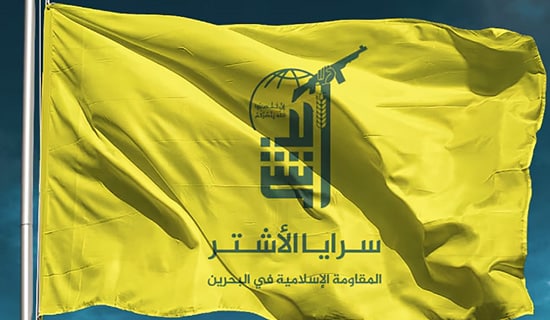The following report is now a complimentary offering from MEMRI's Jihad and Terrorism Threat Monitor (JTTM). For JTTM subscription information, click here.
In a new Dari-language book, the Islamic State Khurasan Province (ISKP) rejects jihadi ideologue Abu Muhammad Al-Maqdisi's support in a book for the Afghan Taliban government. The ISKP book argues that Al-Maqdisi defends non-Islamic figures.
The book, titled "A Pure Sword In Rejection Of The Falsehood of Al-Maqdisi," is published by The Al-Azaim Media Foundation, a media outlet linked to the Islamic State Khorasan Province (ISKP), which defines itself as a supporting entity for the Islamic State (ISIS). It has 103 pages, and its author is not known. The book was first published in Arabic in October 2022.

The book's cover
At the Preamble, the book declares: "Al-Maqdisi has been a defender of non-Muslims in the past, and now he has inked several pages in defense of the unbeliever system [established by] the secular Taliban of Afghanistan and has considered the practices polytheism of Taliban as compatible with shari'a."
"So, on this basis, we wanted to discuss the legitimacy of these real doubts in this debate. Let's mention it and reject it with the evidence of Quran and Sunnah [traditions of Muhammad]," it says.
The book begins by saying the Afghan Taliban are following beliefs that it says are part of Islam but are in fact against it, such as reverence for the graves of Islamic religious scholars in Afghanistan. The book discusses on page 14 the Taliban's beliefs and then goes on to reject them with arguments from the Quran and Sunnah.

The book refers on page 61 to the Taliban's policies, accusing them of protecting the temples of Hindus, Sikhs, and Shi'ites. It criticizes the Taliban rulers for not destroying the statues of Buddha.
"The Taliban are crying in the media that there will be no threat from us to Buddhist relics, religious minorities, or places of worship. Rather, they will sacrifice themselves and throw themselves into hellfire to protect them, but still the scholars such as Al-Maqdisi defend this role and make [the Taliban government] legitimate," it says.
Most of the book questions the Taliban rulers' links with Shi'ites and support for them. It criticizes Al-Maqdisi, saying his support for such Taliban rulers means he is supporting un-Islamic beliefs. On page 100, there is a final message to Al-Maqdisi, addressing him, saying that he is on the wrong path and telling him to "stop confronting the monotheists [ISKP fighters] and renew your true faith in Allah Almighty."
The last title is advice to Islamic religious scholars of Khurasan, inviting them to join the Islamic State and pledge allegiance to the ISIS Caliph.

The full text of this post is available to subscribers.
Please login or register to request subscription information from MEMRI



